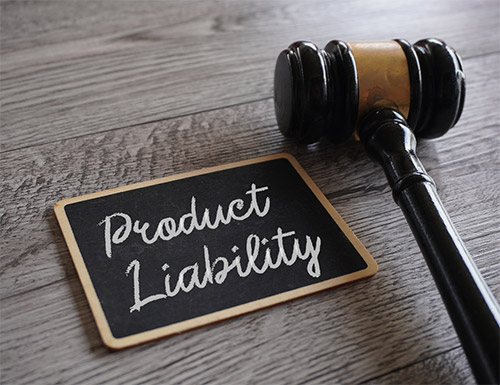High & Younes, LLC – Attorneys at Law
Specializing in Personal Injury Cases
We’re here to help you recover, rebuild, and move forward with confidence.
Our Attorneys Win Cases That Change Lives
At High & Younes, LLC, (HY Attorneys at Law), we serve Omaha and the surrounding Nebraska communities with full-spectrum legal support. From personal injury and workers’ compensation to family law and beyond, our experienced team is dedicated to delivering assertive representation and personalized care for every client we serve.
Recent Settlements
At High & Younes, LLC, we have recovered millions of dollars on behalf of injured clients and their families. These results demonstrate our experience, commitment, and proven ability to win complex cases across Nebraska.
What Sets Us Apart
At High & Younes, LLC, our philosophy is simple and unwavering: deliver the best possible results through strategic advocacy, clear communication, and uncompromising integrity. This commitment has earned our firm the respect of judges, fellow attorneys, and—most importantly—the clients we serve.
We don’t follow a “one-size-fits-all” approach. We take the time to listen, understand your situation, and build a legal strategy around your specific needs and goals. Whether you are facing a serious injury, a workplace dispute, or a family law matter, our attorneys work tirelessly to secure the outcome you deserve.
High & Younes, LLC isn’t just your law firm—we’re your advocates, your voice, and your partners in justice.

High & Younes
LLC – Our Process
At High & Younes, LLC, our proven process gives you an edge from day one:
ADVANCED INVESTIGATION
Strategic case preparation using the latest legal and technological tools, including e-discovery and advanced investigation techniques.
RESPECTED RELATIONSHIPS
Leveraging respected relationships with judges, court staff, and peer attorneys to strengthen your case.
SOLID LEGAL THEORIES
Tailored legal strategies rooted in solid legal theories and recent court decisions—delivered with clarity, dignity and client-first attention.
What Our Clients Say

At High & Younes, LLC, every case is treated with the importance it deserves—because for our clients, a work injury, car accident, slip and fall, divorce, or child support matter can be life-changing. Our attorneys are committed to going the extra mile, providing compassionate support and aggressive representation to help our clients protect their future and regain peace of mind.
Your case matters to us because it matters to you—and we fight tirelessly to achieve the best outcome possible.
Grace
Insights & Legal Resources
Stay informed with helpful articles, updates, and expert commentary from our team at High & Younes, LLC. From personal injury and workers’ compensation to family law and helpful legal tips, our blog covers the topics most important to you.
Ready to Protect Your Rights and Your Future?
At High & Younes, LLC, every case receives the personalized attention and aggressive representation it deserves. Whether you’ve been injured, are facing a workplace dispute, or navigating a complex family matter, our attorneys are here to stand by you, fight for you, and guide you toward the best possible outcome.
Your first step toward justice is just a conversation away.
























